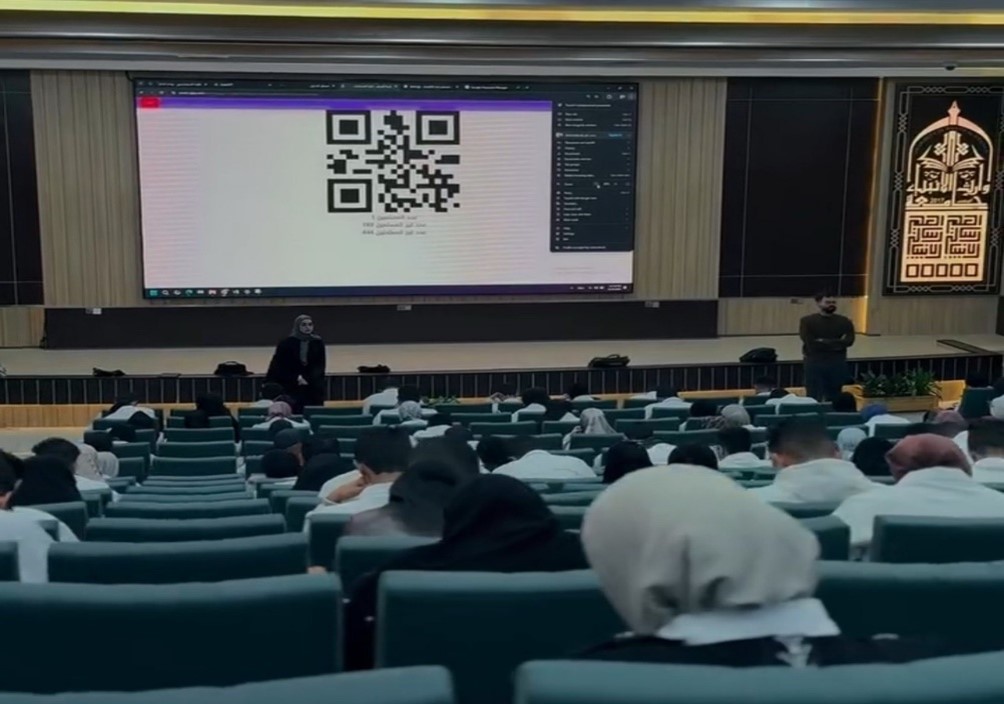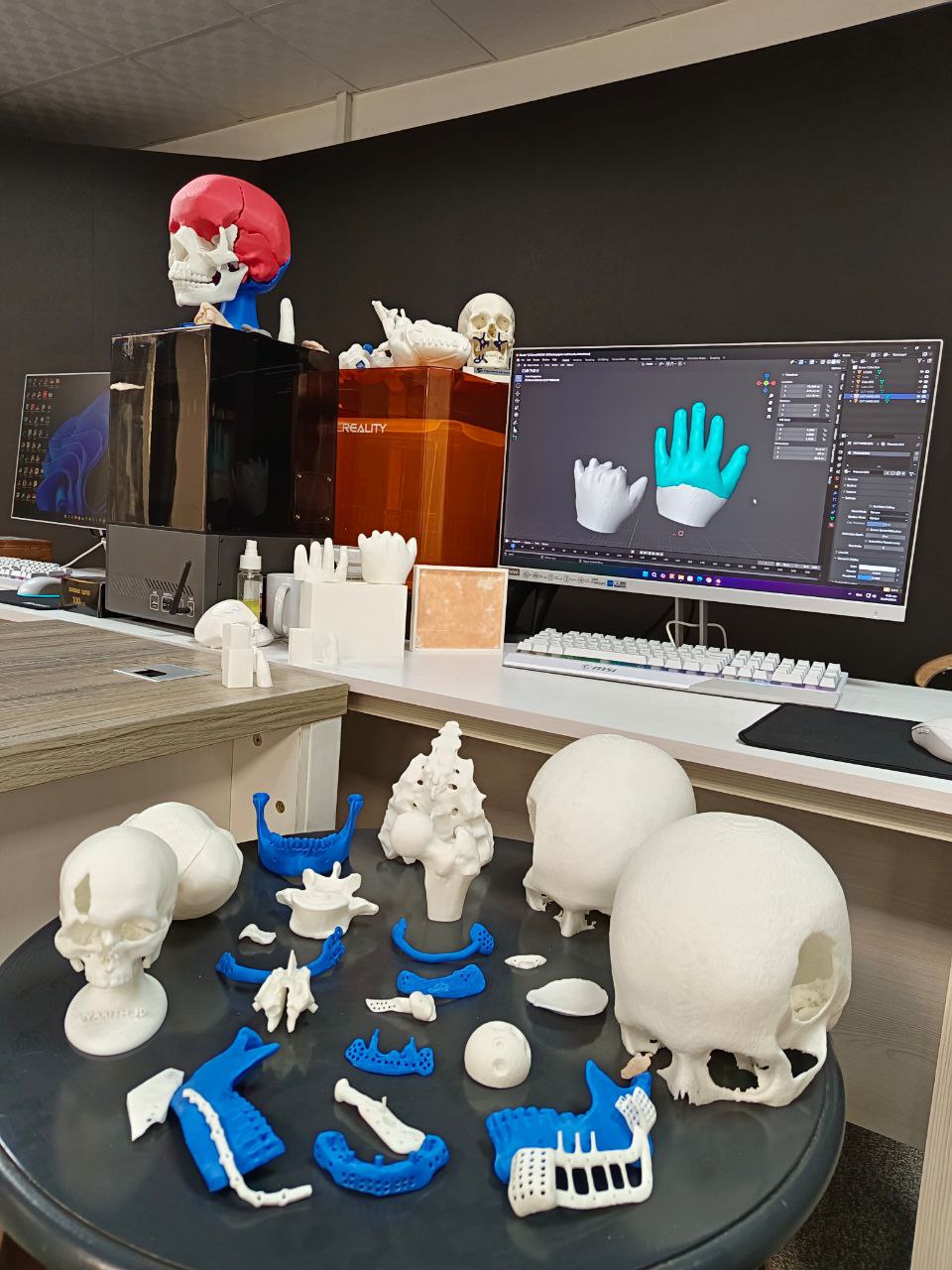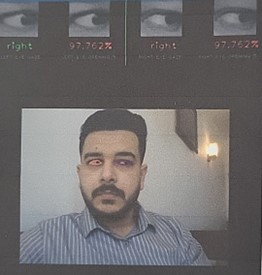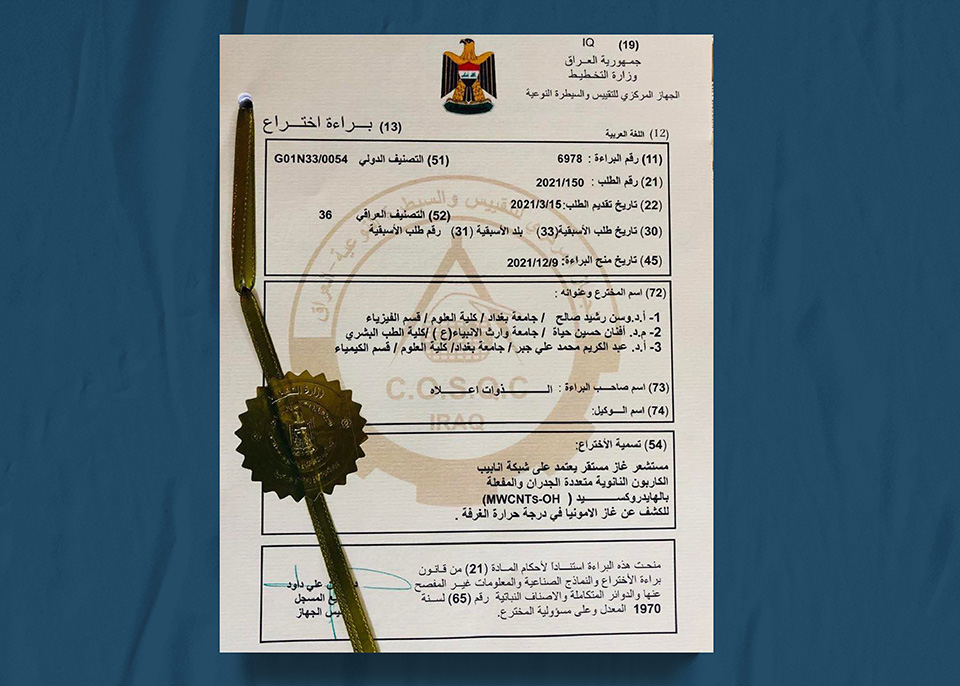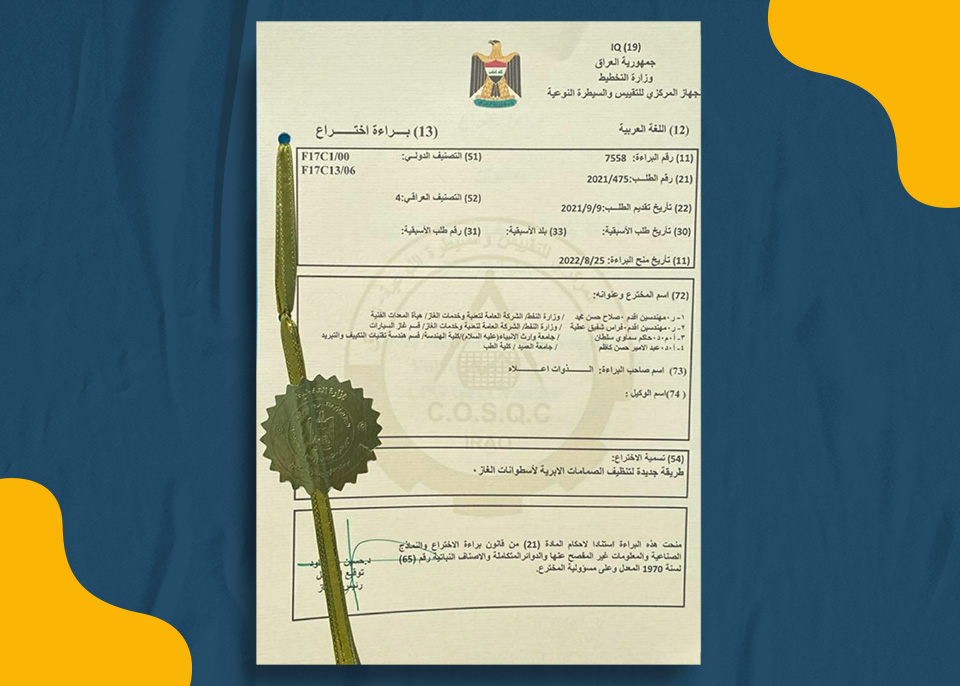Transforming Healthcare with 3D Medical Printing
In 2024, the University of Warith Al-Anbiyaa (UOWA) in Karbala, Iraq, launched its 3D Medical Printing Development Hub, a groundbreaking initiative in medical technology. By leveraging advanced digital imaging and 3D printing, the hub aims to transform healthcare through precision medicine. This forward-thinking project is part of a global trend of using technology to enhance surgical planning, education, and treatment.
The hub focuses on designing custom craniofacial and skeletal implants, using patient-specific prototypes to improve trauma care, surgical planning, and medical training. Engineers, doctors, and educators collaborate to create practical, personalized medical solutions that go beyond technology—they bring healing and hope. As the hub evolves, its goal is to bring these innovations from the lab to clinical settings, making healthcare more precise and accessible.
Working Team:
Professor Ibrahim Saeed Al-Hayawi / President of Warith Al-Anbiya University
Syed Yaseen Naqvi / American Board of Internal Medicine, Cardiovascular Disease and Interventional Cardiology / Masters of Science in Preventative Cardiology
Ali Fahim Saeed / Dentist
Hassan Fahim Saeed / Dentist
Ali Abdul Rasool Abdul Khaliq / Dentist
Abbas Nouri Talib / Computer Engineering Technology
Mohammed Ammar Faleh / Biomedical Engineering
Ali Zuhair Ahmed / Computer Engineering Technology
Karar Rasool Jabr / Computer Engineering Technology
To learn more about the 3D Medical Printing Development Hub project cases – visit the following case links:
Link 1: Personalized Facial Implant Design Prototype for Trauma Patient
Link 2: Custom Hip Implant for Advanced Osteoarthritis Patient
Link 3: Custom Prosthetic Fingers for a Child with Congenital Hand Deformity
More
